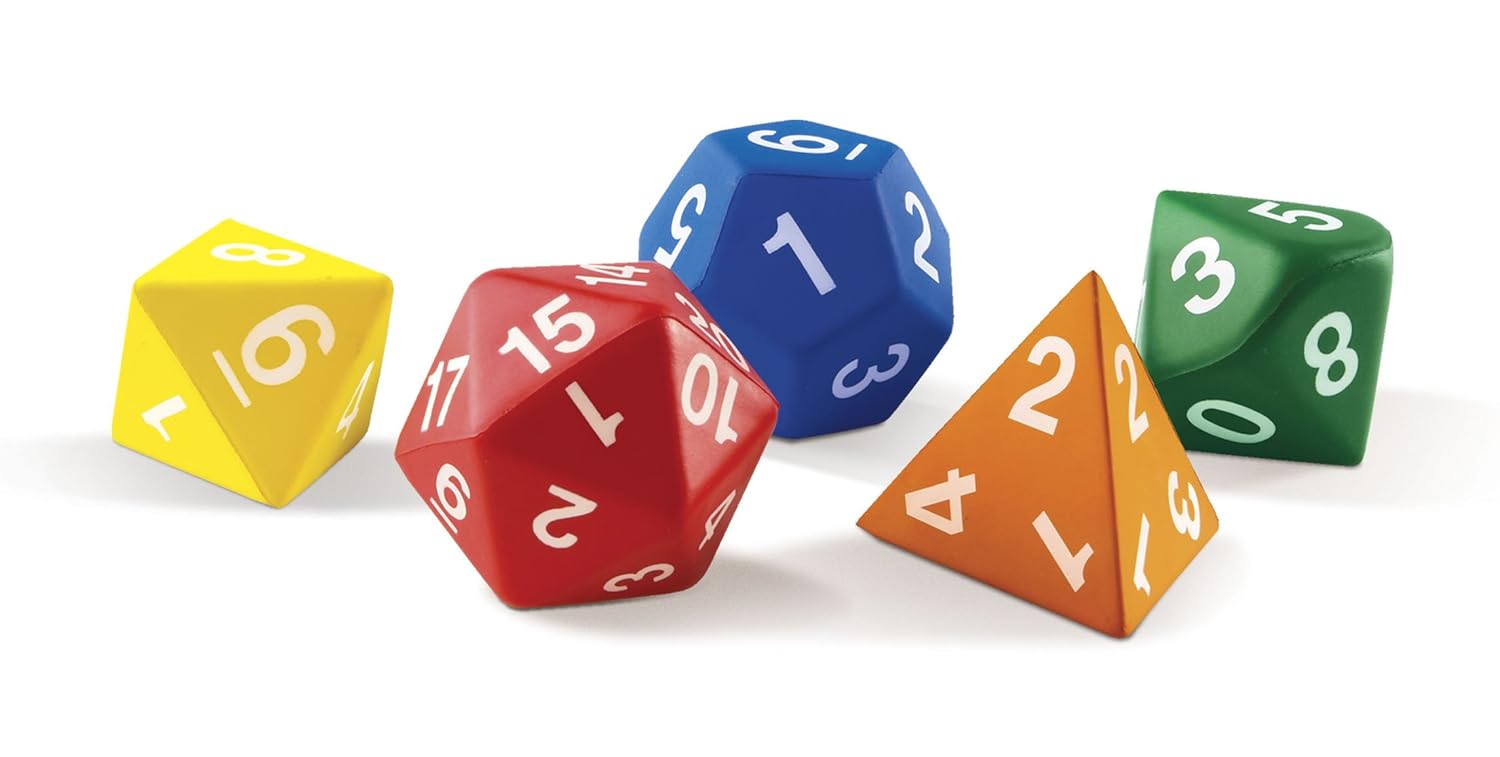It is true that there is probability, but not in the way most think. It is not some actual thing that has some effect, rather it is an estimation of our ignorance. It is a neat trick to make sense out of events that happen too fast and contain too many variables to be calculated accurately. A good example is weather prediction. Everything is presented in terms of probability (eg. chance of rain), however, in actuality it either rains or it doesn't. There is wind or there is no wind. Still, the variables involved in predicting such complex events are innumerable. The moon, the rotation of the earth, the time of year, our angle to the sun, the temperature of every molecule of our atmosphere, an accurate count of the molecules of our atmosphere, topography, emissions, animal activity, water currents, water temperatures, and so on. With such a daunting number of variables, and the challenge each present, it makes sense to have probability sciences to help us understand such events, at least to some degree.
An example of its use would be a physics problem where they tell you to ignore some variable (often some complex variable like wind resistance). Your final answer will be a theoretical yield, and as we move to empirical test, we gain a range of answers, the actual yield, which usually bear some relation to the theoretical yield.
If we had a missile, and we were calculating its accuracy, we would assume some wind variables and resistances and formulate a theoretical yield. When the actual yield does not equal the theoretical yield exactly it is not due to some magical force called probability, rather there is an actual cause for this difference. Most likely it is the wind variations, which are extremely difficult to predict, or it could be some manufacturing error. The point is: There IS a cause, and probability is just stating that we cannot equate those causes accurately. Another thing it could be saying is: So far as our understanding is concerned, this range of error will always be present, and if our understanding increases, our range of error narrows.
One last time: Probability is not a force, but rather it is
proof of our inability to calculate some events accurately.
Thanks,
Joshua.


No comments:
Post a Comment